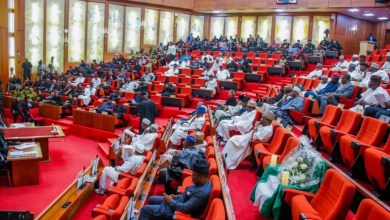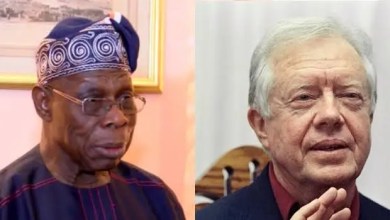Kaduna’s Uba Sani Delivers Big on Infrastructure as Taraba’s Kefas Faces Backlash Over Trillion-Naira Debt
Kindly Share this story

Kaduna’s Uba Sani Delivers Big on Infrastructure as Taraba’s Kefas Faces Backlash Over Trillion-Naira Debt
Comrade Gaxaley Bello, Director, Media and Publicity, APC Taraba State Chapter Speaks In just two years, the Governor of Kaduna State, His Excellency Senator Uba Sani, has made remarkable progress in infrastructure and education, setting a new standard for good governance in Nigeria.
Governor Sani’s administration has successfully constructed 62 new schools, renovated over 1,000 classrooms, and built 79 roads spanning a total of 780 kilometers across the state. These projects have significantly improved access to quality education and enhanced road networks, promoting economic activities and social development.
However, in stark contrast, Taraba State under Governor Agbu Kefas is facing growing criticism over what many describe as wasteful borrowing and underperformance. Within the same two-year period, the Kefas-led administration has reportedly borrowed nearly N1 trillion, yet no single project worth N500 million can be visibly identified anywhere in the state.
Read also:
Tarabans are also expressing frustration over unfulfilled promises made by Governor Kefas during and after the 2023 general elections. Critics say the administration has failed to deliver meaningful development or justify the massive debts incurred.
This sharp contrast between Kaduna and Taraba has sparked public debate on leadership quality, accountability, and the need for performance-based governance in Nigeria.
The All Progressives Congress (APC) Taraba State Chapter is calling on Governor Kefas to account for the loans collected and focus on delivering tangible results that will benefit the people of Taraba.












